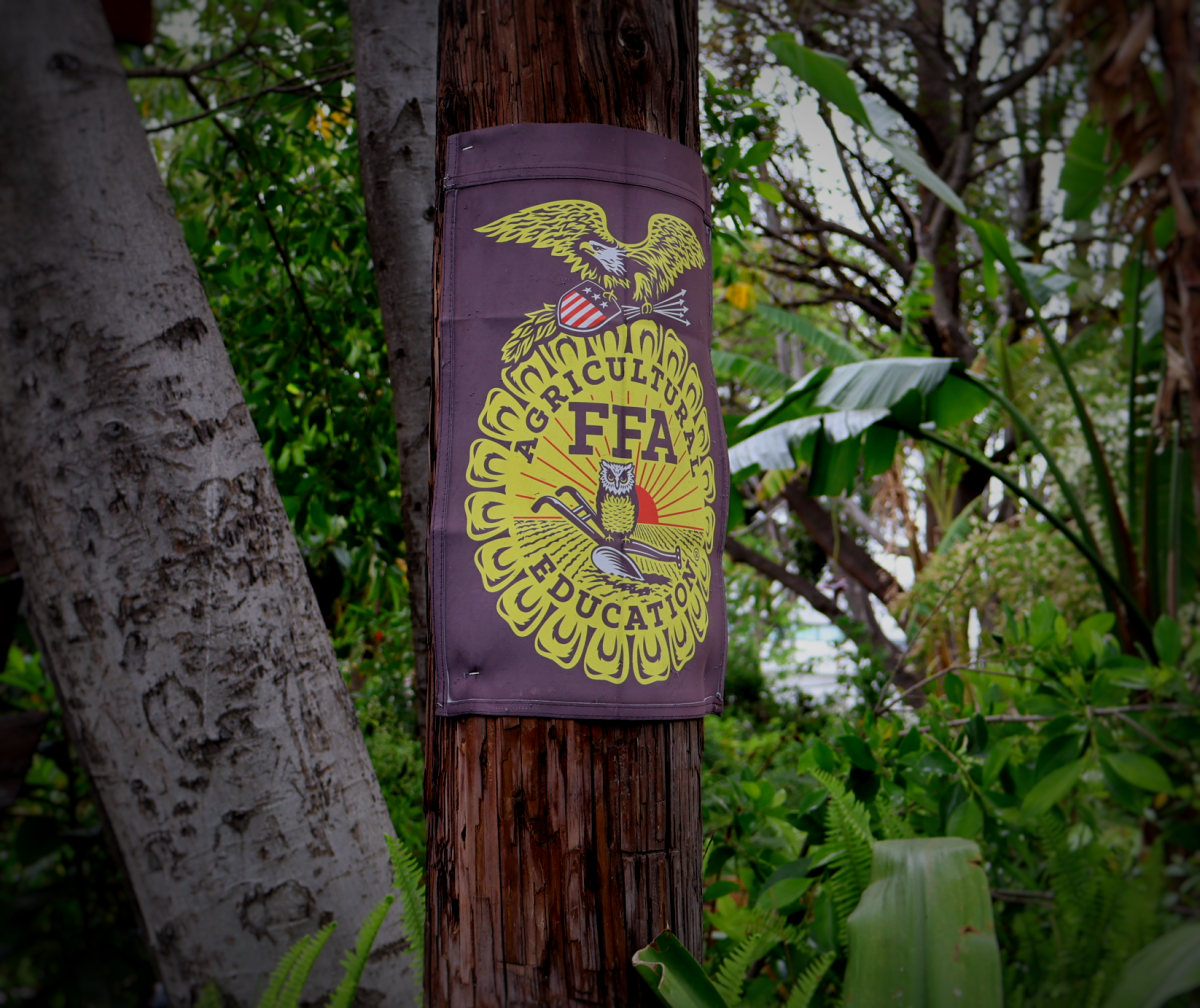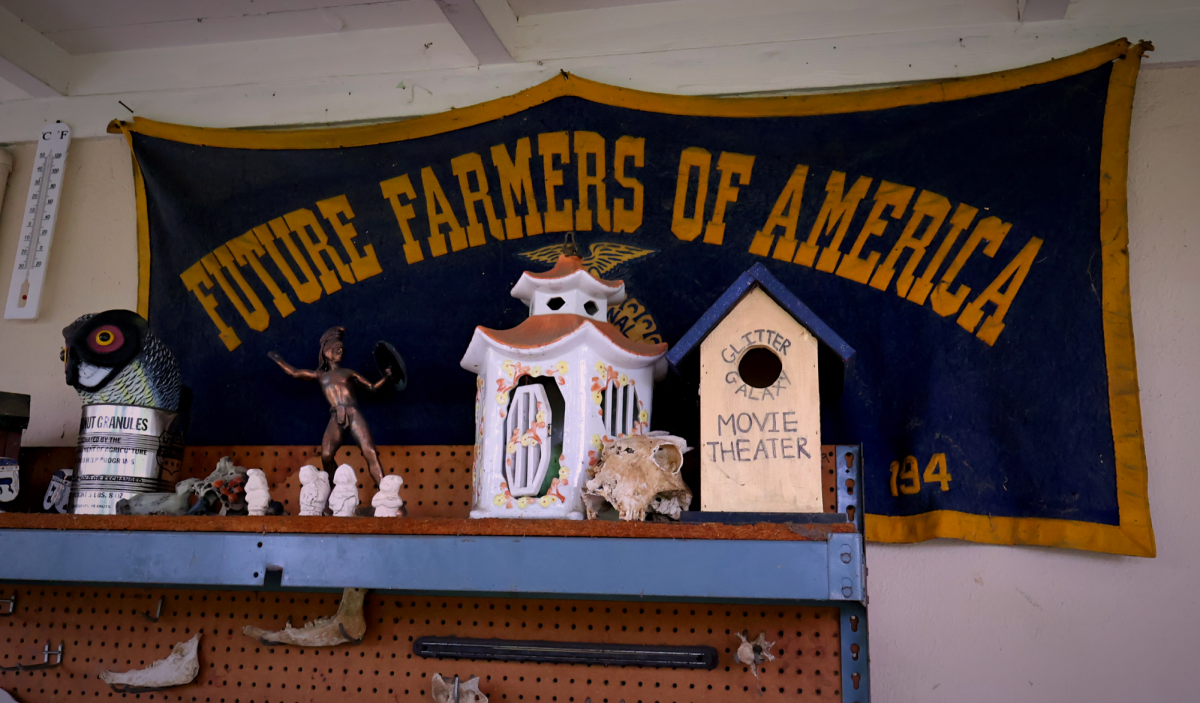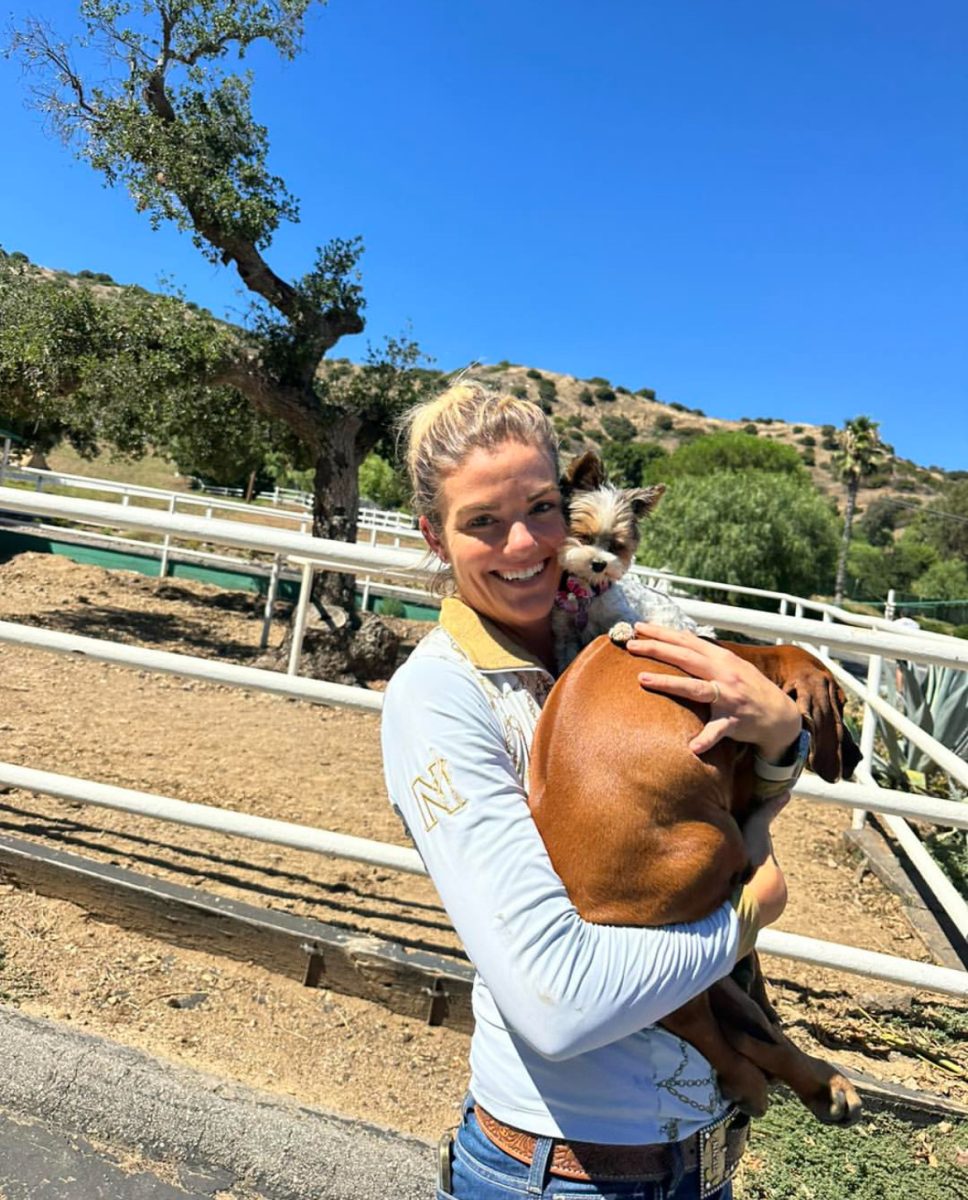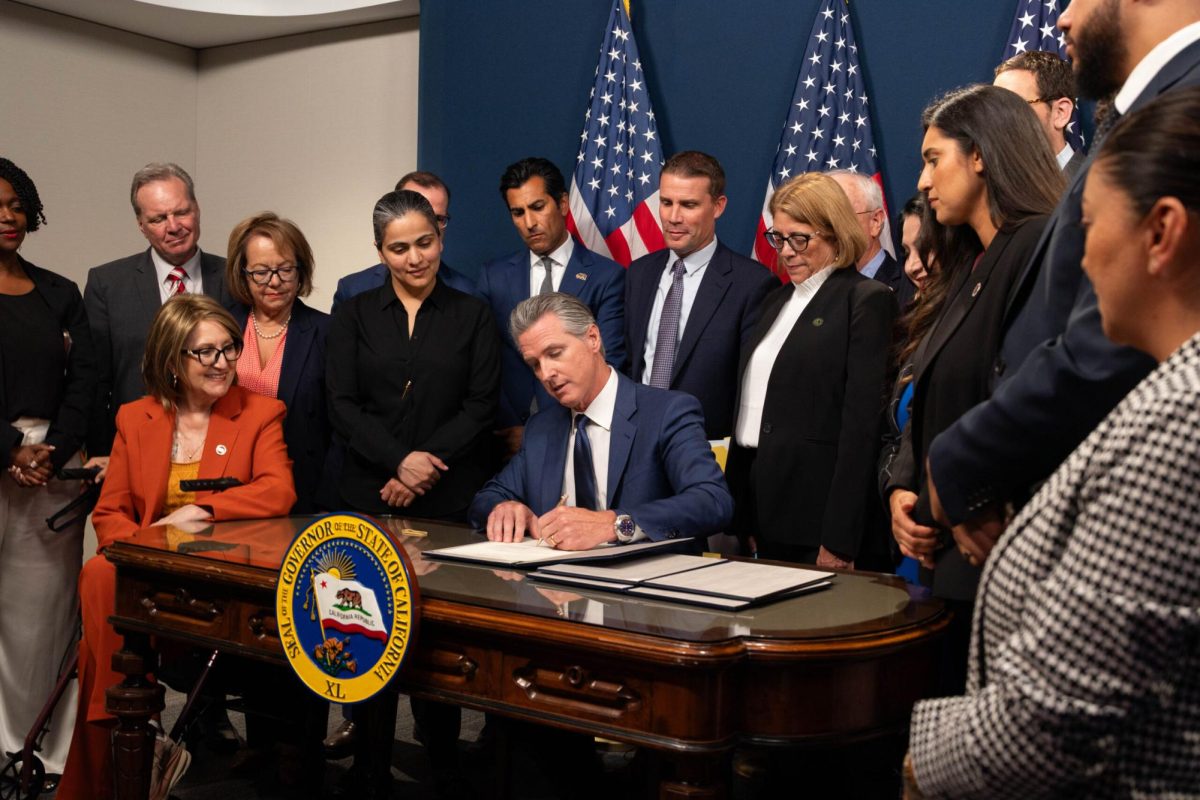“I believe in the future of agriculture, with the faith born not of words but of deeds” – FFA creed.
At NHHS, there are several different programs that are available for students to take part in. One of them is the FFA, or the Future Farmers of America program, which fosters a place for students to take part in leadership roles and activities specialized in the field of agriculture.
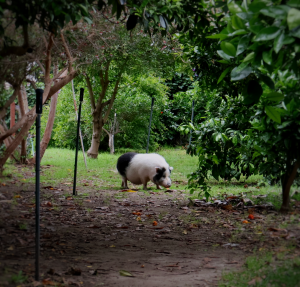
Founded in 1928, FFA is a nationally recognized organization with over 347 school chapters in the State of California alone. NHHS’ chapter was founded in 1927, with a rich history of school involvement.
The FFA motto, “Learning to Do, Doing to Earn, Earning to Live, Living to Serve,” encompasses the core values of the program. A poster hangs outside of the agricultural area with these very words stressing the presence of the field of study.
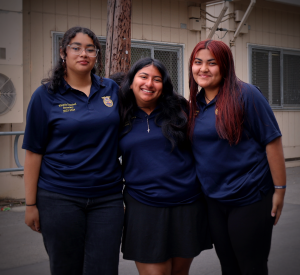
Agricultural studies can range from the theoretical and practical application of farming, which not only includes botanical work but also involves animal science studies for careers such as veterinary medicine. At NHHS, students have the option to partake in Career Technical Education pathways or CTE programs, two-year concurrent courses that prepare students for a specific field of study.
In the FFA program with Mr. Lepore, FFA advisor, students can choose between the Animal Science CTE pathway or the Horticulture pathway.
However, even if there are six to seven other schools in Los Angeles that take part in the FFA program, NHHS is particularly special.
“Most FFA programs do not have four donkeys, five alpacas, 26 goats, 26 rabbits, 12 ducks, eight tortoises. We have and teach the hands-on curriculum,” says Mr. Lepore.
This hands-on curriculum varies from students getting the chance to perform small surgeries on the animals, to planting their own crops.
Mr. Lepore adds, “Every student that takes a class with me is automatically a part of the FFA. What is special about the FFA courses is that they are not limited to Zoo Magnet students, meaning that anyone can take these classes as their elective course.”
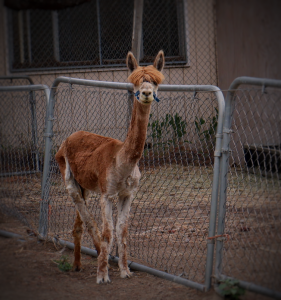
Every student in the FFA program starts from a single class taken with Mr. Lepore, but for some people, such as Karen Torres, an FFA member, over time, “I started spending my nutritions, lunches, or even more time after school with the animals and the ag[riculture] area.”
On top of that, with the chance for students to obtain leadership positions in the FFA cabinet, they provide students with additional opportunities to engage in public speaking competitions and other judging-related competitions.
“FFA provides students the chance to understand skills that they need in the real world, for example, cover letter development, resume writing, public speaking, and more,” says Mr. Lepore.
Even though there are several other different clubs and organizations on campus that foster these skills that are necessary in the real world, to put it bluntly, FFA is unique. FFA Vice President Katie Rodriguez simply says, “It’s outside. Other clubs…are clubs. We are not necessarily a club, but we are more of a whole organization and community of people.”
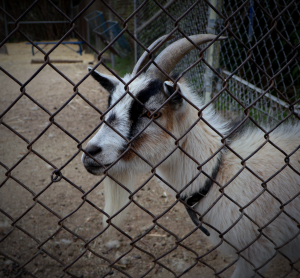
Rodriguez and FFA member Simone Shinfeld, recall their experiences at the FFA conventions. As a part of the public speaking segment, “We had to memorize speeches or specific parts to the FFA handbook and creed…there was a panel of three judges there as well.” Rodriguez recalls.
Shinfeld adds, “We had also done mock job interviews.”
As a part of the FFA program, it is without a doubt that the importance of agriculture is often overlooked, but as Mr. Lepore phrases it, “We must continue to understand agriculture. Without agriculture, there is no farming, no vet medicine for our animals.”
Agriculture is food. Agriculture is life and opportunity.

